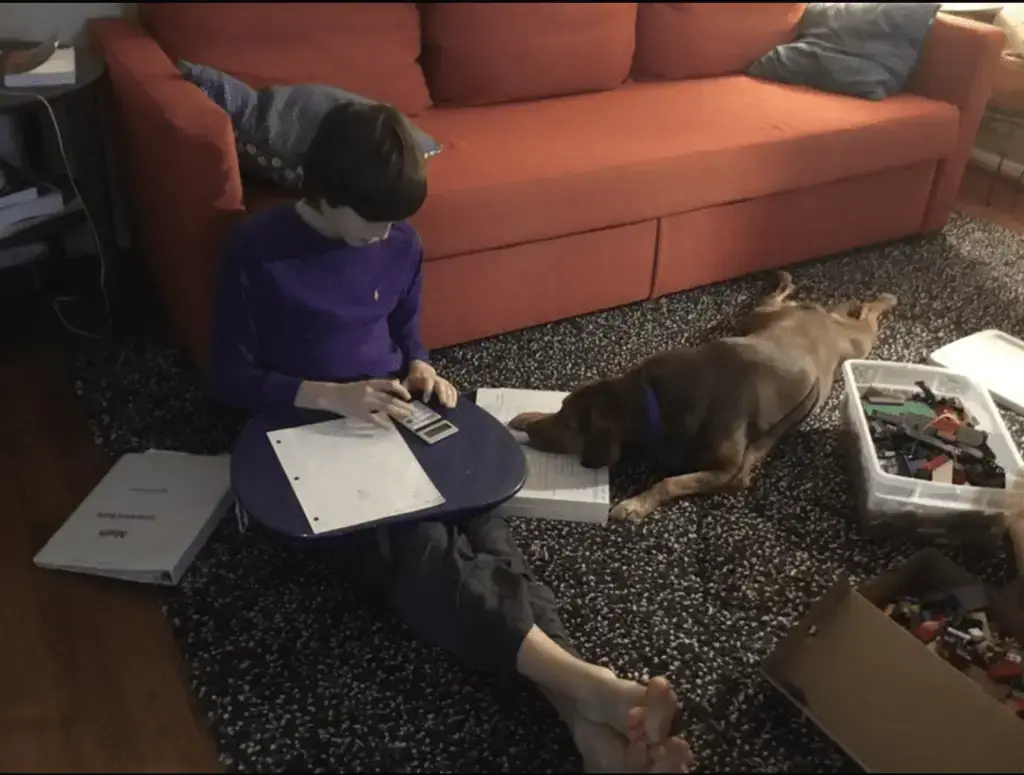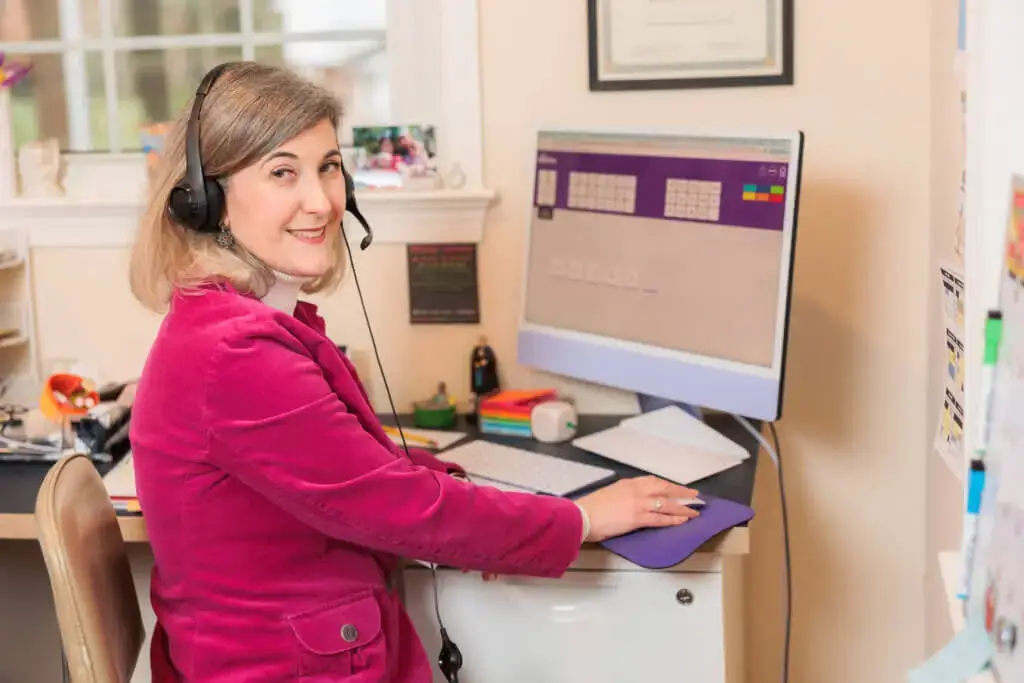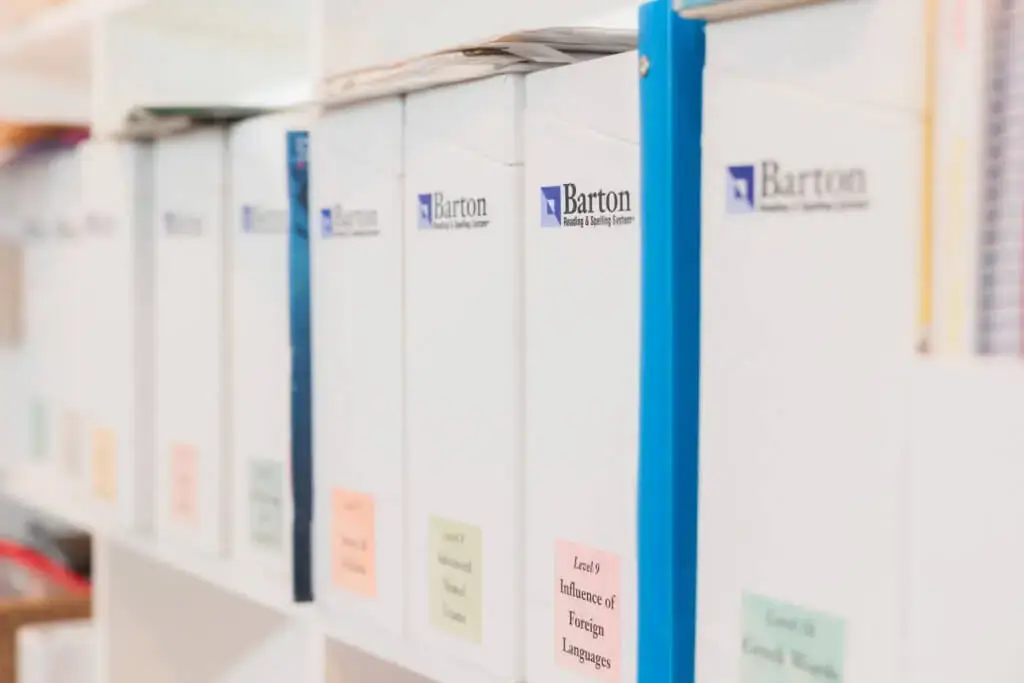
Why I pulled my dyslexic son out of Fairfax County Public Schools
My son was pegged a behavior problem from kindergarten on in his Fairfax County Public Schools classroom. The teacher, who has a Masters degree in reading, didn’t believe there was an issue.







